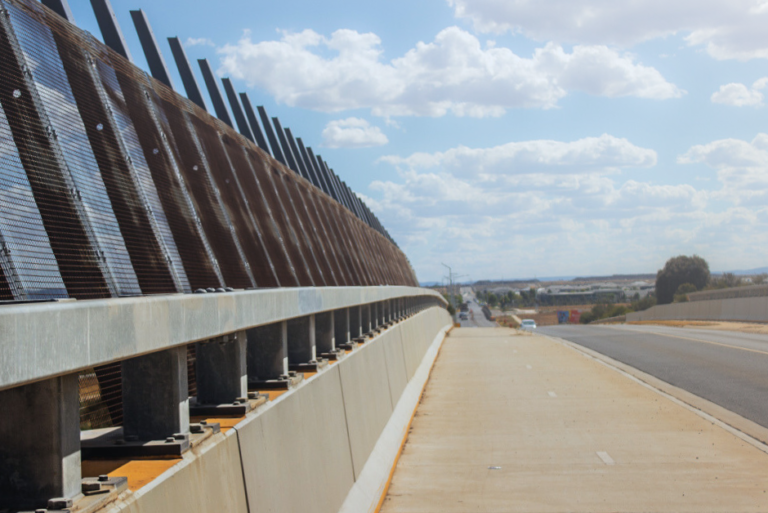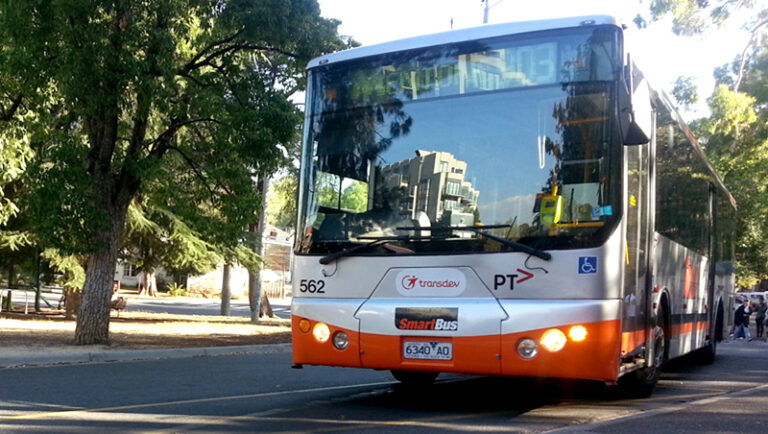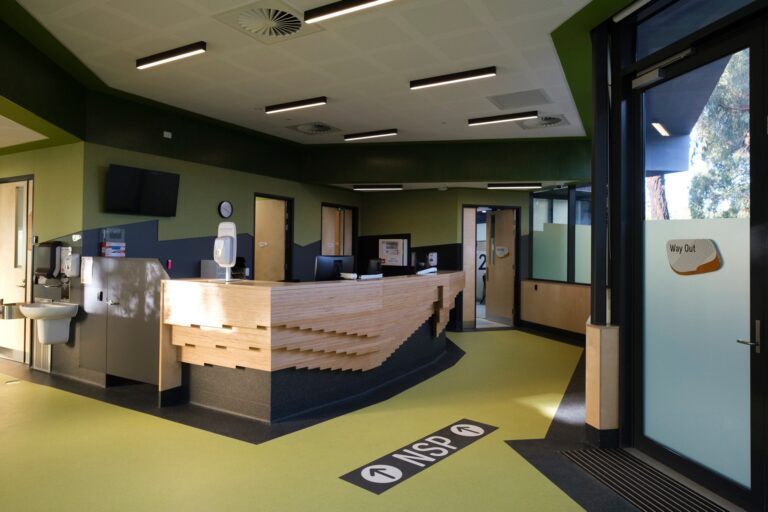29th of October 2024, 4:32pm
Parliament of Victoria | Legislative Council
David ETTERSHANK (Western Metropolitan):
I am delighted to make a contribution on the Drugs, Poisons and Controlled Substances Amendment (Pill Testing) Bill 2024. This really is a landmark piece of legislation. After New Zealand we are only the second jurisdiction in the world to actually legislate a drug-checking service, so I take the opportunity to warmly commend the Allan government for its courage and vision in moving this legislation and for its commitment to keeping Victorians, particularly young and vulnerable Victorians, safe.
Pill testing, or drug checking, has been recommended by pretty much everyone who has an interest in harm reduction and saving lives. It has the endorsement of the AMA, the Royal Australian College of Physicians and the Royal Australian College of General Practitioners, to name but a few. No less than five coronal inquiries in the past two years have called for drug-checking services to be introduced in the state, and of course the scheme has the strongest endorsement of those working directly in the harm reduction sector. Drug checking has been effective in saving lives wherever it has been provided, and the government has clearly listened to the expert advice and to the wider community in introducing this scheme.
I would like to address some of the remarks from those opposite. Let us start with the bleedingly obvious: people use drugs. It is a fact, and if anyone believes that the ‘Just say no’ approach to drug regulation works, can I say the war on drugs is over. It has been lost, and it died with Ronald Reagan. The distinction between licit and illicit drugs is at best arbitrary or perhaps just a continuum. I doubt there is anyone in this chamber who does not partake in drugs in some form or another. All drugs carry some risk, but obviously in an unregulated market those risks are much greater. People should not have to die because they take illicit drugs. The illicit market in Victoria is huge. It is worth at least $4 billion a year, so there is definitely a demand for illicit drugs. Let us not pretend that that demand does not exist. It is not enough to just say ‘Don’t do it’. It is not enough to say some gangsters are bad and some are not, like has been suggested by Mrs Heath. The fact of the matter is all drugs are going to be out there and we need to have a mature discussion about it.
We do not wish death upon those who drive over the speed limit or jaywalk, yet those activities are potentially dangerous too. Drug checking does not eliminate all risk. All it does is provide information to a person who is intending to consume drugs about what is contained in the drugs that they are about to consume, and then armed with that information that person can make an informed decision about whether to consume the drugs. The difference between now and what this proposes is the intermediary of information about the substance, and it works. In a 2022 study 86 per cent of consumers in Portugal and 69 per cent of consumers in the UK did not consume the drug they were carrying when test results indicated that the drug was different than they expected – empirical evidence in this regard.
I would like to pick up a couple of other questions. One of the ones that I think is extraordinarily infuriating is the suggestion that – and we have heard this from the usual suspects – the use of pill testing is effectively green-lighting children’s drug use, which is just preposterous. I cannot decide whether those opposite are being naive or disingenuous or both, but this frankly dangerous and reactionary garbage, which ignores the recommendations of the Coroners Court as well as the strong backing of the AMA and other peak bodies, is really, really unhelpful. If we are to have any sort of impact on reducing drug-related harm in this state, we need to accept some confronting facts. Drug use among those under 18 is rising, okay? It is not something we are just asserting. There is any amount of statistical data that supports this. It is a fact. Children as young as 14 are regularly using drugs. Nobody wants to see children taking drugs, but if they are taking them, they certainly deserve the same access to information as their adult counterparts. The better informed they are, the better decisions they can make. It might save lives, and to suggest it is encouraging drug consumption is just gratuitous garbage.
There is an argument that has been put up that we should not do this because we cannot test for every variety of drug. The opposition has complained that pill testing will not be able to test for everything and is particularly concerned about nitazenes and that they will not be tested for. This is another furphy. Nitazene testing is entirely possible. You can already buy nitazene and fentanyl testing strips in retail outlets. We are not splitting the atom here; this is not cutting-edge science. However, and this is a really critical point, novel synthetic opioids are constantly changing – that is why they are called ‘novel’ – so some will be picked up and some newer synthetics may not. For the opposition to attack the proposed drug-testing program on the basis that it may not be able to capture every imaginable drug reeks of, at best, the pursuit of perfection being the enemy of the good. The technology available at drug-checking services would be expected to use the best technologies and methods available. They will be able to test the make-up of most pills, powders, crystals or liquids and identify harmful chemicals that can lead to death. Importantly, the analytical chemist at the service may also be able to recognise additives that cannot be readily identified. This is a major red flag that would-be consumers can be advised of by harm reduction workers.
Ultimately, while not taking drugs is always the safest option, drug checking is a pragmatic approach that provides a unique opportunity to reduce the inevitable use of drugs. As explained by the director of the drug policy modelling program at the University of New South Wales, Professor Alison Ritter, who is an expert on drug policy:
… encouraging young people not to do drugs is –
not –
mutually exclusive from offering –
drug checking –
… you can do both things at once …
That was her quote. In other words, we can walk and chew chewing gum at the same time and implement meaningful harm reductions.
To those who argue implementing drug checking is endorsing drug use, I say this: the opposite of ‘Just say no’ is not ‘Just say yes.’ This is not a black-and-white issue. There is a middle ground where we can educate drug users, we can foster trust and we can create a stronger safety net. When people choose to experiment with drugs the options for parents should not be limited to simply saying no. Instead we can guide people towards making safer choices, encouraging them to get their substances tested. The aim should be to ensure that our young people remain safe and healthy, even in the face of potentially risky decisions.
In conclusion, drug-checking services and the naloxone rollout are long-awaited harm reduction measures that are an important plank in the state’s response to alcohol and other drugs. We are delighted to see this spirit of progressive reform flowering within the Labor Party and are equally excited about the soon-to-be-revealed statewide AOD strategy. We will be seeking clarification on some aspects of the bill in the committee stage, but I would heartily commend the bill to the house.
Voted for: Ryan Batchelor, John Berger, Lizzie Blandthorn, Katherine Copsey, Enver Erdogan, Jacinta Ermacora, David Ettershank, Michael Galea, Shaun Leane, David Limbrick, Sarah Mansfield, Tom McIntosh, Rachel Payne, Aiv Puglielli, Georgie Purcell, Samantha Ratnam, Harriet Shing, Ingrid Stitt, Jaclyn Symes, Lee Tarlamis, Sonja Terpstra, Gayle Tierney, Sheena Watt
Voted against: Melina Bath, Jeff Bourman, Gaelle Broad, Georgie Crozier, David Davis, Moira Deeming, Renee Heath, Ann-Marie Hermans, Wendy Lovell, Trung Luu, Bev McArthur, Joe McCracken, Nick McGowan, Evan Mulholland, Rikkie-Lee Tyrrell, Richard Welch
[Bill passed 23-16]





